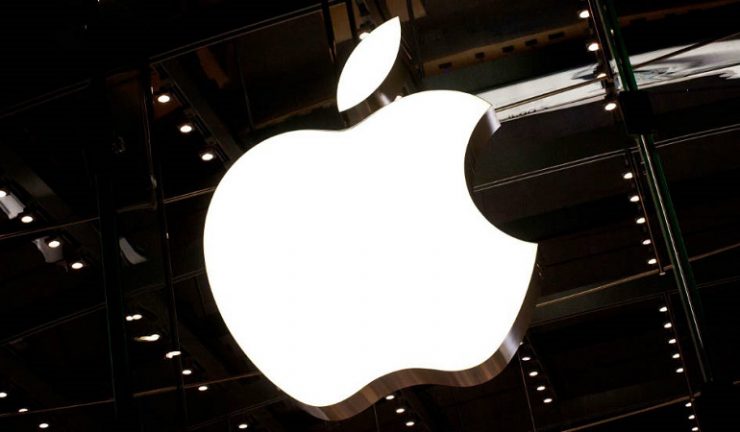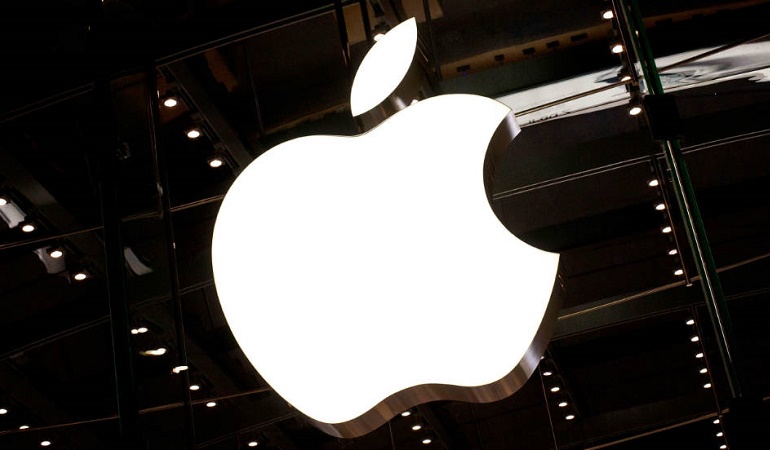Due to issues with consumer rights.
The Australian Competition and Consumer Commission (ACCC) has instituted proceedings in the Federal Court against Apple and its US-based parent company, Apple Inc., alleging that Apple made false, misleading, or deceptive representations about consumers’ rights under the Australian Consumer Law (ACL).
The ACCC commenced an investigation following reports relating to ‘error 53’ – an error which disabled some consumers’ iPads or iPhones after downloading an update to Apple’s ‘iOS’ operating system. Many consumers who experienced error 53 had previously had their Apple device repaired by a third party; usually replacing a cracked screen.
The ACCC investigation revealed that Apple appears to have routinely refused to look at or service consumers’ defective devices if a consumer had previously had the device repaired by a third party repairer, even where that repair was unrelated to the fault.
In December 2013, the ACCC accepted a court enforceable undertaking from Apple following an investigation into Apple’s consumer guarantees policies and practices, and representations about consumers’ rights under the ACL. The ACCC was concerned that Apple had made a number of false or misleading representations to a number of consumers regarding their consumer rights, including that Apple was not required to provide a refund, replacement or repair to consumers in circumstances where these remedies were required by the consumer guarantees in the ACL.

The ACCC was concerned that on occasions these representations may have arisen from Apple staff and representatives misapplying Apple’s policies, including its 14-day return policy and its 12 month limited manufacturer’s warranty. The ACCC was also concerned that Apple staff were directing consumers with faulty non-Apple manufactured products purchased from Apple, to the manufacturer for resolution of the consumer’s concerns.
Apple has since acknowledged the ACCC’s concerns, and that some of these representations to consumers may have contravened the ACL. Apple has worked with the ACCC to resolve these concerns, and has now committed to taking a number of compliance measures.
The ACCC was concerned that Apple was applying its own warranties and refund policies effectively to the exclusion of the consumer guarantees contained in the ACL, ACCC chairman, Rod Sims said.
Under the ACL there are a number of “consumer guarantees” regarding the quality, suitability for purpose and other characteristics of goods and services, and consumers are entitled to certain remedies at no cost where goods and services do not comply with the consumer guarantees.
The ACCC alleges Apple represented to consumers with faulty products that they were not entitled to a free remedy if their Apple device had previously been repaired by third party, “unauthorised repairers”. However, having a component of the Apple device serviced, repaired, or replaced by someone other than Apple cannot, by itself, extinguish the consumer’s right to a remedy for non-compliance with the consumer guarantees.
“Consumer guarantee rights under the Australian Consumer Law exist independently of any manufacturer’s warranty and are not extinguished simply because a consumer has goods repaired by a third party,“ Rod Sims said.
“Denying a consumer their consumer guarantee rights simply because they had chosen a third party repairer not only impacts those consumers but can dissuade other customers from making informed choices about their repair options including where they may be offered at lower cost than the manufacturer.
“As consumer goods become increasingly complex, businesses also need to remember that consumer rights extend to any software or software updates loaded onto those goods. Faults with software or software updates may entitle consumers to a free remedy under the Australian Consumer Law,” he said.
The ACCC is seeking pecuniary penalties, injunctions, declarations, compliance program orders, corrective notices, and costs.

